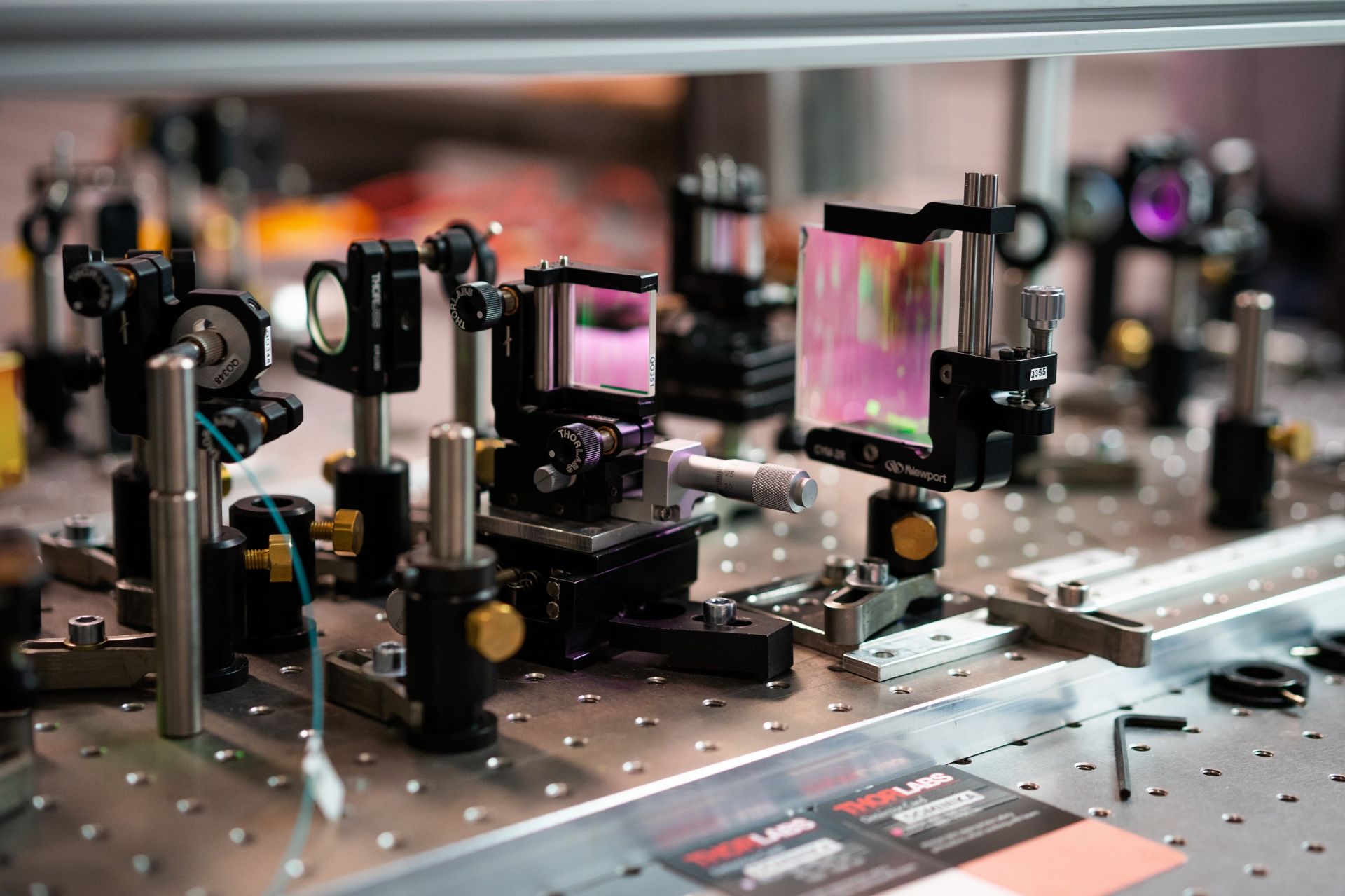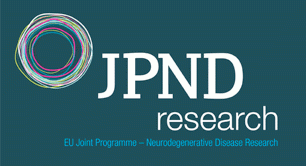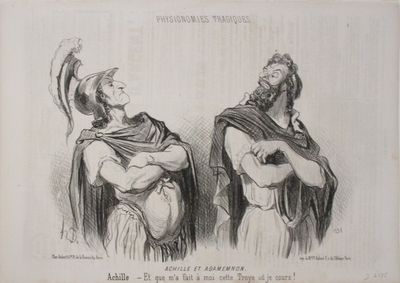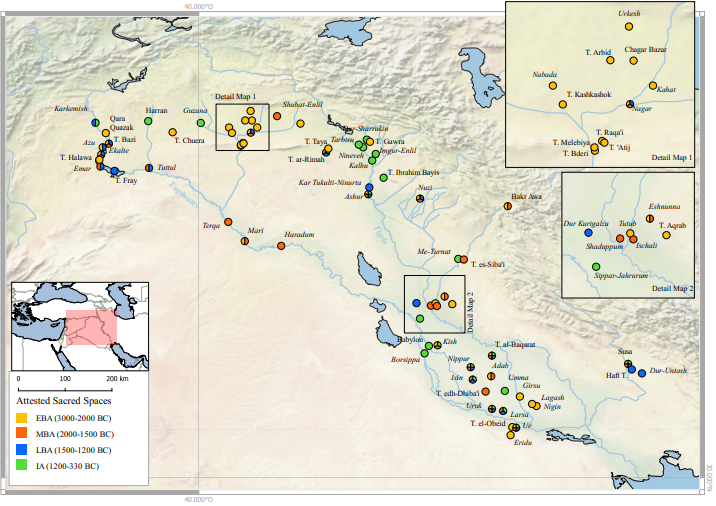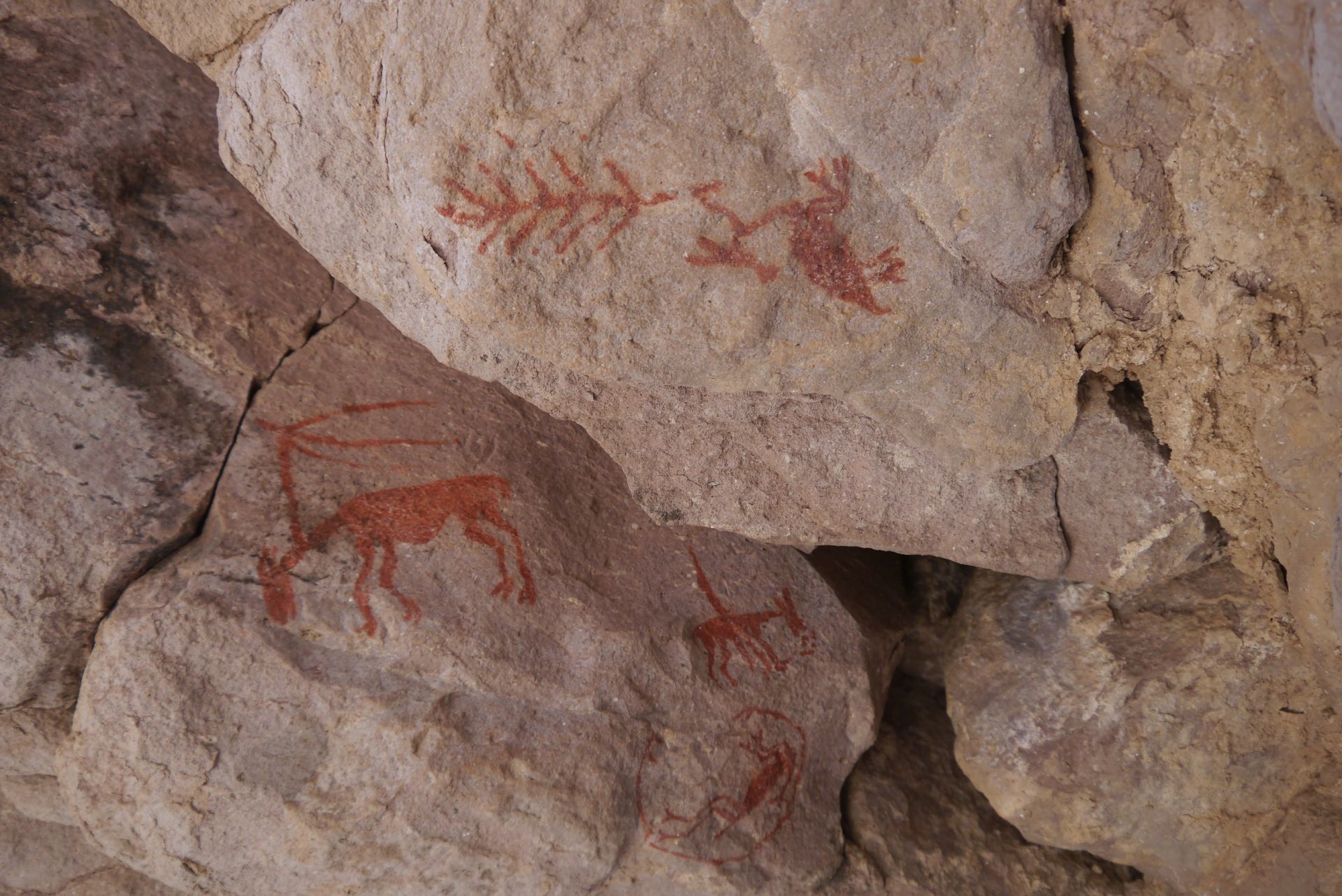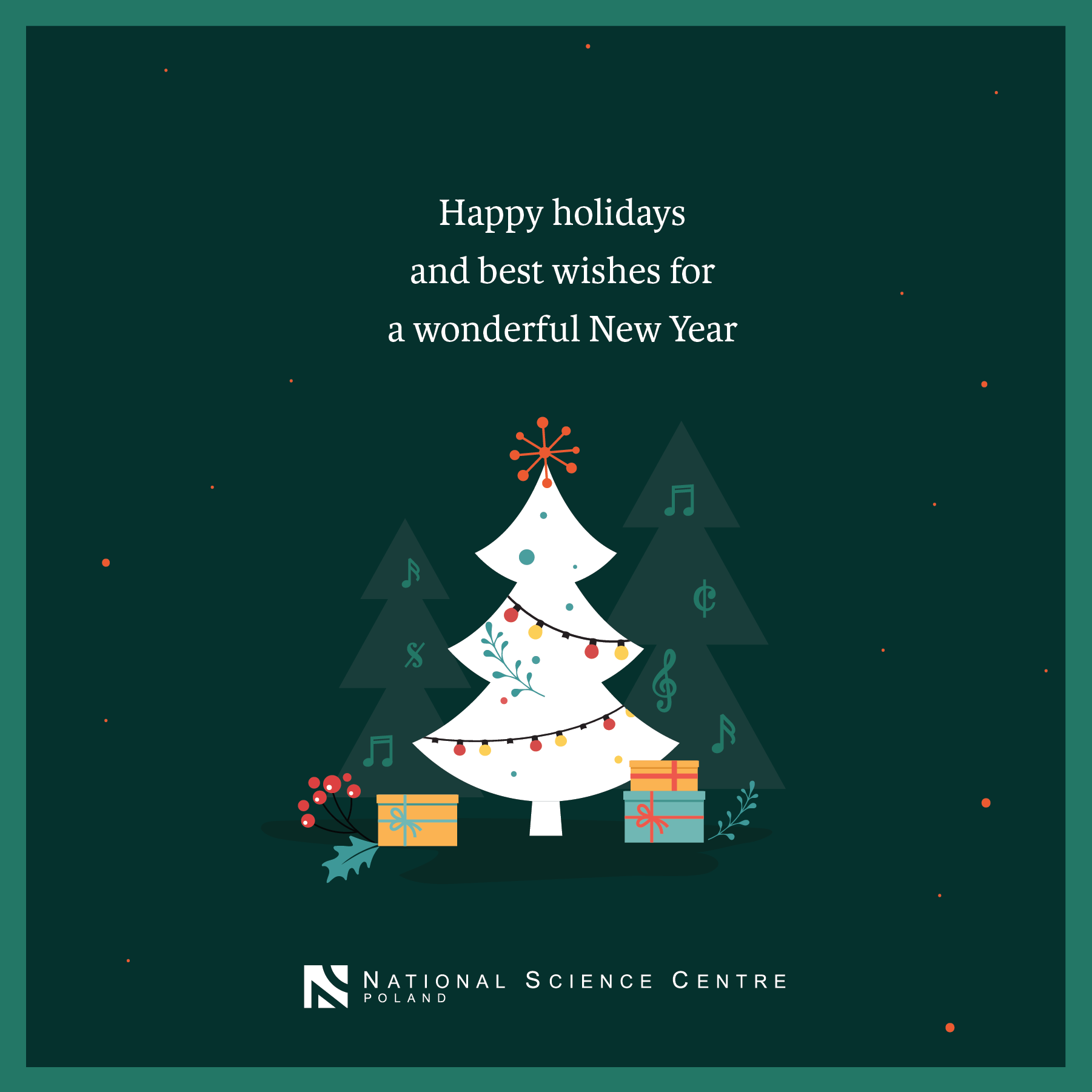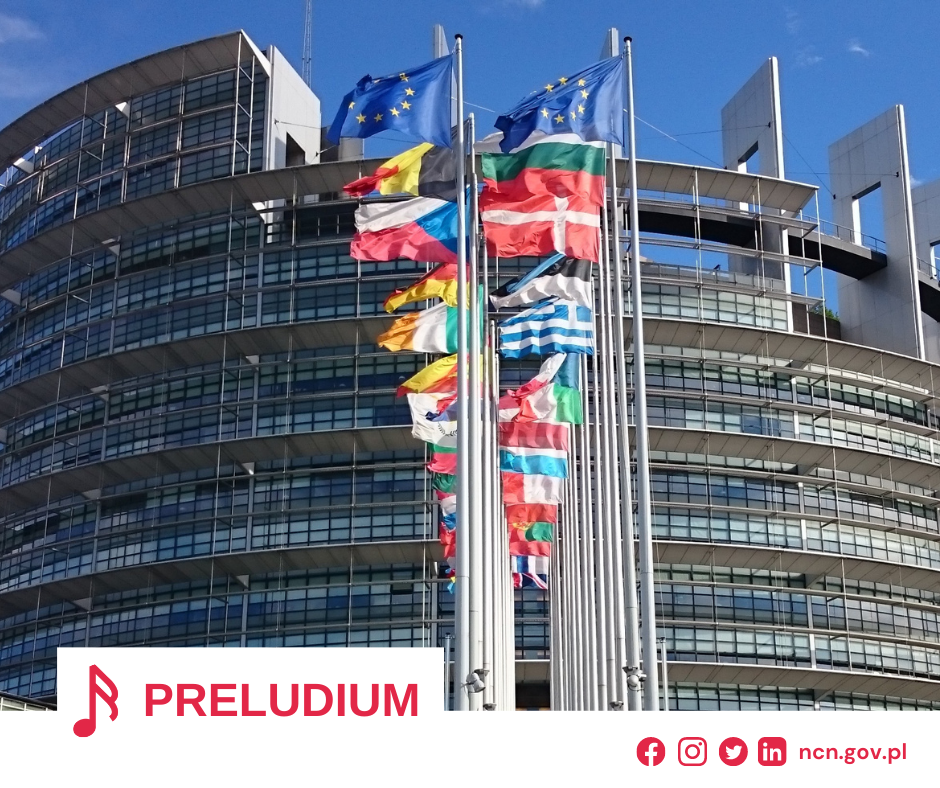In 2021, the National Science Center celebrated its 10th anniversary. Over the past decade, we have awarded 23,000 grants and enabled researchers of all ages, at all levels of seniority, from all over Poland, to carry out their projects. The jubilee was celebrated in September. Let us look at the most important events of 2021, month by month.
JANUARY
We have launched the Weave-UNISONO call for international research project of outstanding scientific quality. The Programme is based on the Lead Agency Procedure (LAP), whereby the merit-based evaluation of proposals is performed by one partner institution only. The Weave Programme was launched by 12 European research-funding agencies with the support of Science Europe. Weave aims to simplify the submission and selection procedures of research proposals involving researchers from two or three European countries or regions. The first results were published in September thanks to the collaboration with the Swiss National Science Foundation. In the next calls concluded in December, Grantová Agentura České Republiky (GAČR) from the Czech Republic and Fonds zur Förderung der wissenschaftlichen Forschung (FWF) from Austria acted as the lead agencies
“Nature” published an article devoted to a research project carried out by scientists from Poland, South Korea and the US, who developed new photon-avalanching colloidal nanomaterials. One of its authors was professor Artur Bednarkiewicz from the Institute of Low Temperature and Structure Research of the Polish Academy of Sciences in Wrocław. The Polish part of the project was funded under OPUS 16.
FEBRUARY
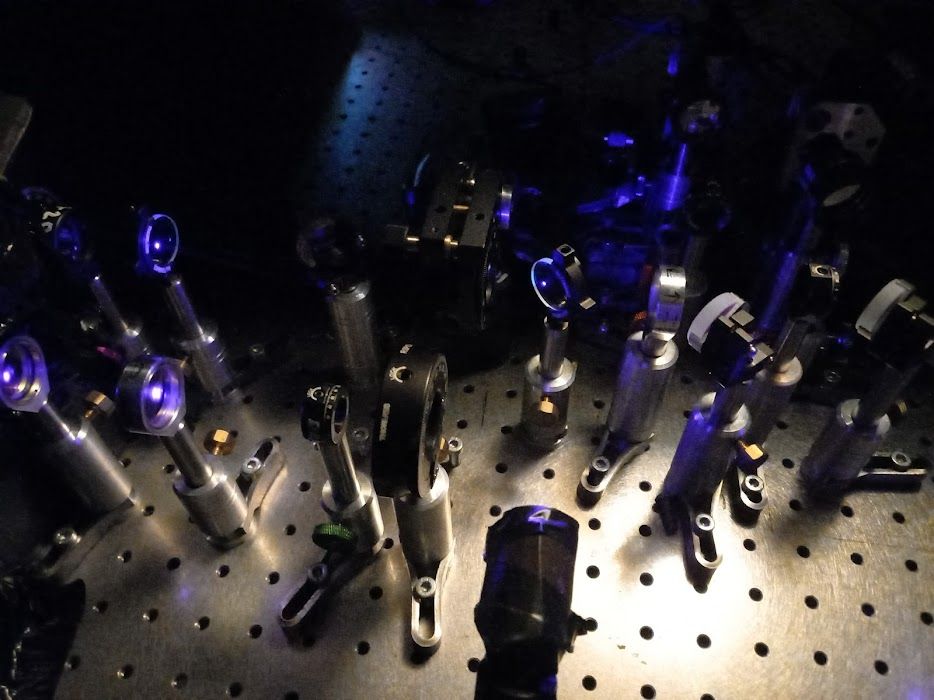 Quantum laboratory, photo by Michał Parniak
Quantum laboratory, photo by Michał Parniak
The QuantERA II consortium, coordinated by the National Science Center, received a grant of EUR 15 million under the Horizon 2020 program. QuantERA is a European network of 38 agencies from 30 different countries, set up to fund international quantum technology projects. As many as 15 teams that included scientists from Poland won grants under the call, which closed in December.
We announced the results of the 12th edition of the MAESTRO call and the 10th edition of SONATA BIS. The grants will fund pioneering basic research and help establish new research teams. The total value of funds awarded under the two calls equaled PLN 215 million.
MARCH
Together with other European research-funding agencies we have launched the CHANSE call (Transformations: Social and cultural dynamics in the digital age). “Collaboration of Humanities and Social Sciences in Europe” is a programme launched by 27 institutions from 24 countries. CHANSE funds international research projects and fosters collaboration between researchers and various groups of stakeholder (e.g. policy-makers, non-governmental organisations, legislators, cultural institutions). At the end of 2020, the consortium received 10 mln EUR from the EU Framework Programme (Horizon 2020). The NCN is the programme coordinator under CHANSE. The results of the call (Transformations: Social and cultural dynamics in the digital age) will be published in June 2022.
Five research teams from Poland were among the winners of a call organized by the M-ERA.NET 2 network, which funds research in materials science and engineering. A total of EUR 32.3 million in funding went to 42 teams.
Towards a Better Understanding of Societal Responses to Climate Change was another article published in “Nature” this year. An international research team, which also included Polish scientists, outlined their newly developed research methodology in the field of what they call the “history of climate and society”. The case studies they presented in the article demonstrate that societies have often adapted and managed to survive past periods of climate fluctuations. The article was co-authored by two NCN call winners, dr hab. Adam Izdebski from the Jagiellonian University and dr hab. Piotr Guzowski from the University of Białystok.
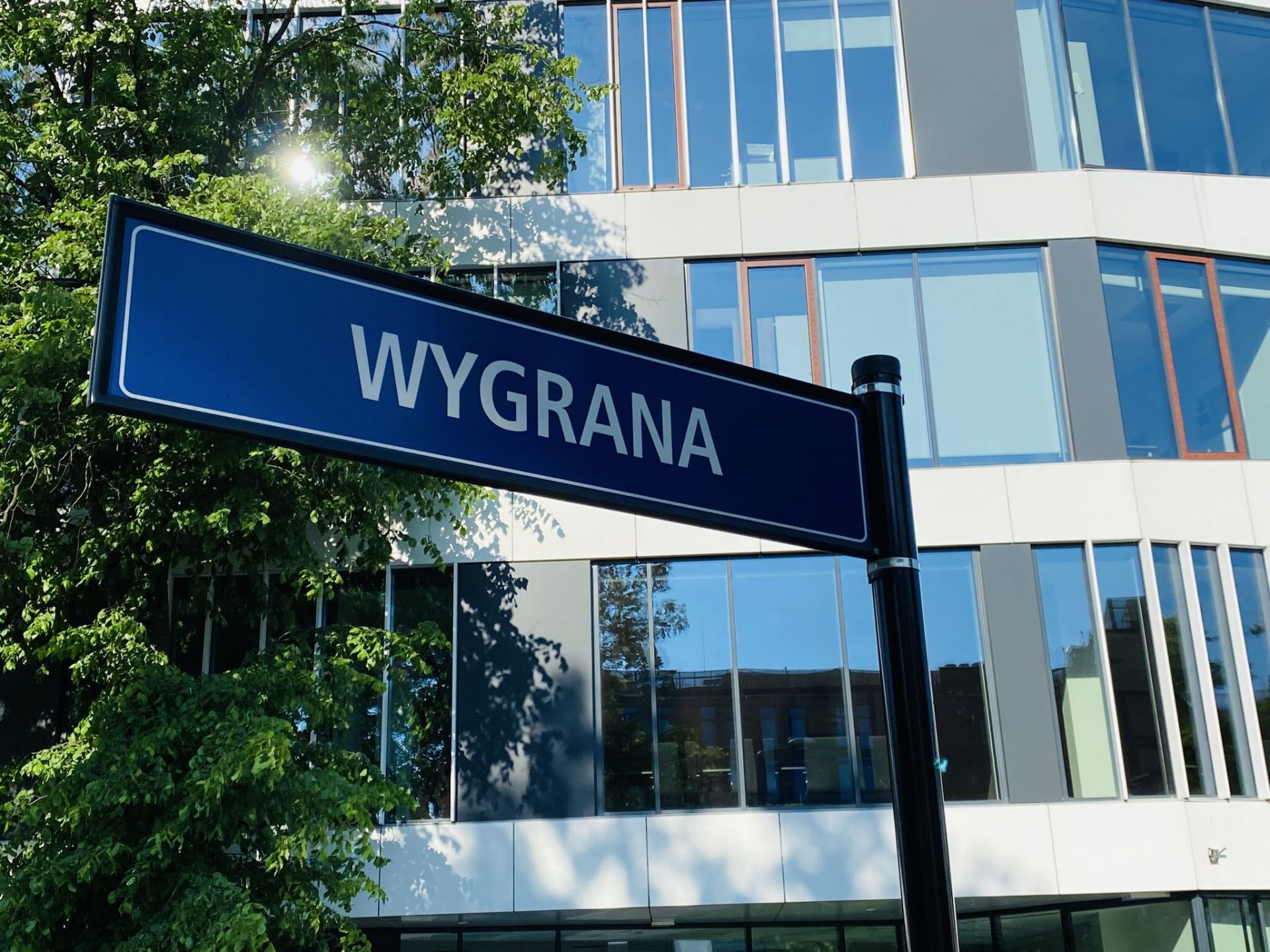 APRIL
APRIL
Scientists from the Center for New Technologies at the University of Warsaw studied more than 15 million chemical compounds that could inhibit viral activity and identified nearly 1000 potential inhibitors. Their research, which may now help design new drugs to treat COVID-19, was carried out in the framework of a new call, “Express call to fund research on COVID-19”, and outlined in an article published by the “International Journal of Molecular Sciences”. The article was co-authored by prof. Joanna Sułkowska, winner of the NCN Award as well as two NCN calls: OPUS 16 and SONATA BIS 2.
MAY
We have announced the results of the latest editions of our most popular calls: OPUS 20 + LAP for researchers at all levels, SONATA 16, targeted at young researchers, and PRELUDIUM BIS for projects carried out by PhD candidates. A total budget of nearly PLN 668 million was divided among 638 projects. Thanks to their new grants, the researchers will be able to study e.g. the consequences we need to face due to the pandemic.
JUNE
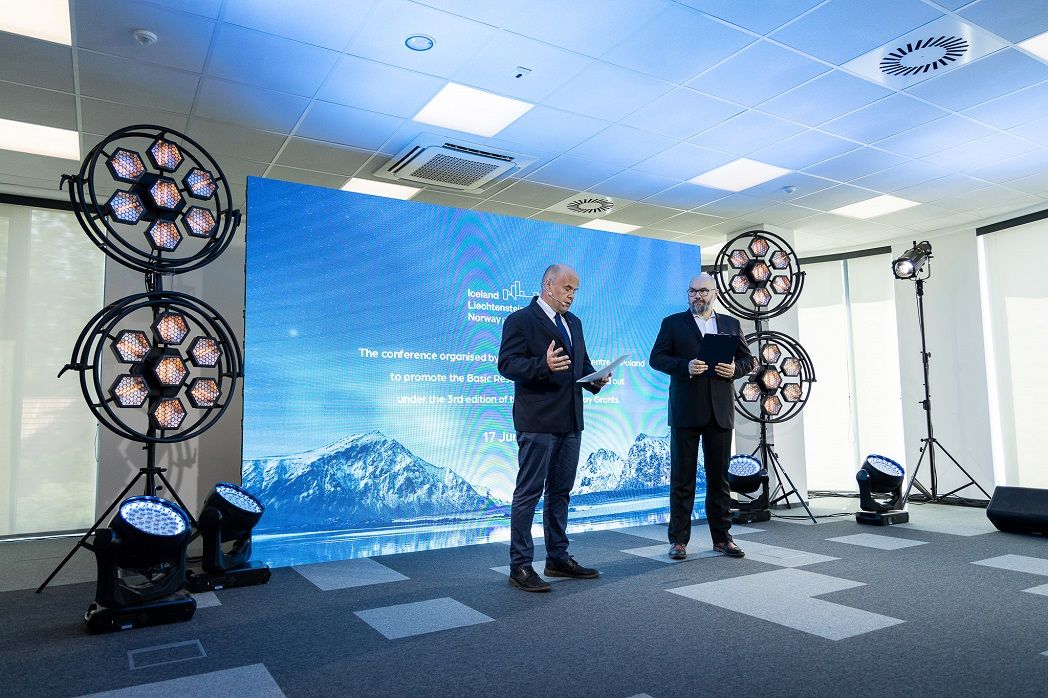 Conference of EEA and Norway Grants, photo by Michał Łepecki
Conference of EEA and Norway Grants, photo by Michał Łepecki
We organized a conference to promote basic research funded from the EEA and Norway Grants. During the event, we presented all the projects that had been selected under the GRIEG, IdeaLab, and POLS calls thus far. Participants also got an opportunity to discuss issues related to the policy of open access.
JULY
We prepared a poll on the experience of male and female researchers , which will help us design more effective ways to level the playing field for both genders in NCN calls and spark a broader debate on the subject within the Polish research community. The poll was open to all researchers, including those who had never taken part in NCN calls, and its results will be published in the first quarter of 2022.
In cooperation with the National Center for Research and Development (NCBiR), we announced ARTIQ, a call for projects, aimed at creating three Centers of Excellence for research on artificial intelligence. The centers will conduct basic and industrial research, as well as carry out development and pre-implementation work in the field of AI. For that purpose, the NCN and the NCBiR have laid aside a total budget of PLN 60 million.
AUGUST
The Ministry of Education and Science took the initiative to increase our budget by PLN 30 million. By a decision of the NCN Council, some of this extra money went toward funding the budget of the MINIATURA call, the results of which were announced in December.
We also announced the results of the SONATINA 5. Researchers who had only recently earned their PhD degrees received almost PLN 34 million to fund their research work and fellowships at prestigious foreign research centers.
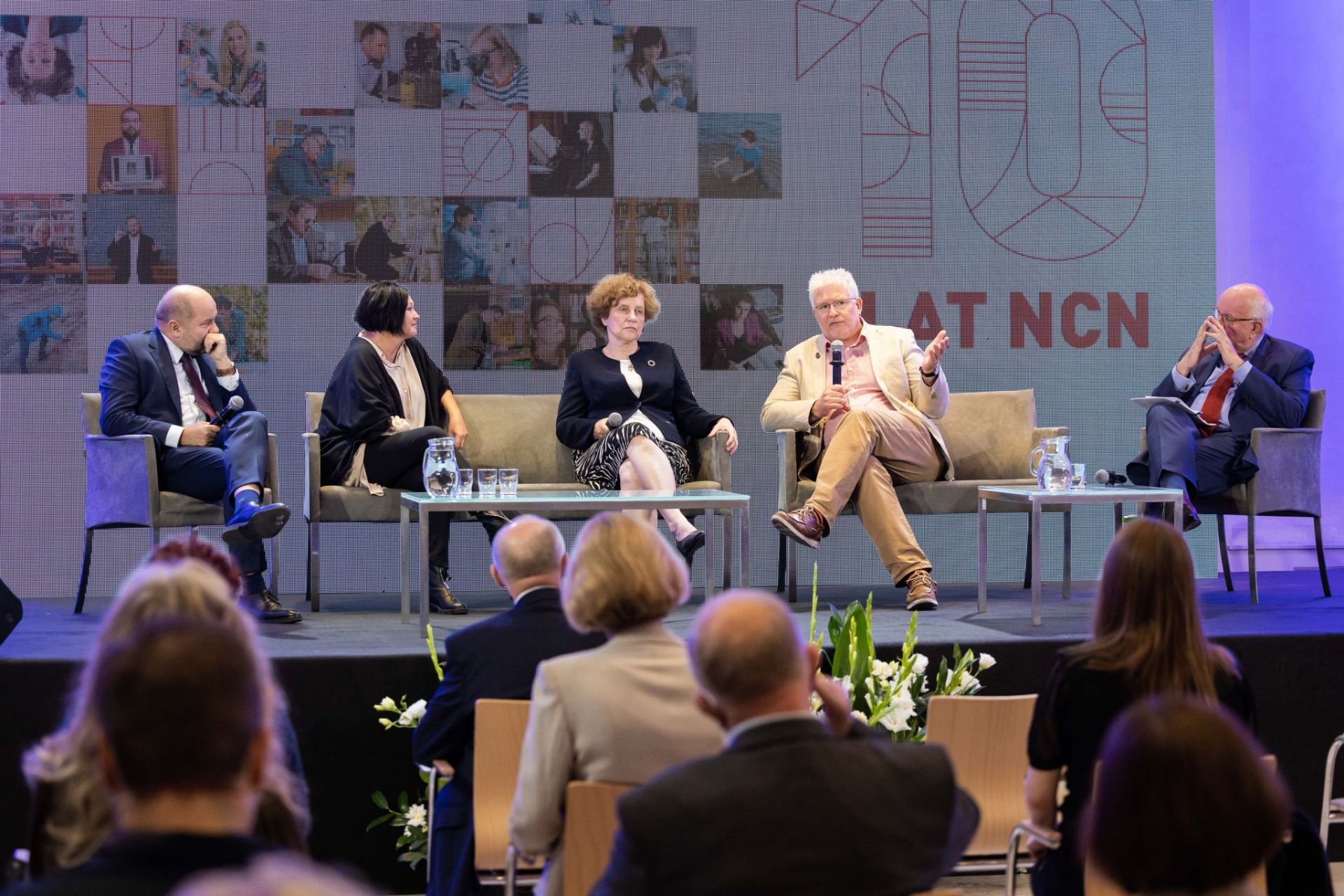 10th anniversary of NCN - dzień drugi, fot. Michał Łepecki
SEPTEMBER
10th anniversary of NCN - dzień drugi, fot. Michał Łepecki
SEPTEMBER
For the past 10 years, the NCN has assisted the growth of Polish science, supporting researchers at research centers all over Poland. Together with representatives of the Polish and the international research community, we celebrated our jubilee on 9 and 10 September. Celebrations kicked off with a festive gala at the Juliusz Słowacki Theater and ended with a debate on science in the pandemic and the policy of open access to science at the International Cultural Center.
We also launched POLONEZ BIS, a comprehensive program that combines research, secondments at non-academic institutions, and soft-skill training courses. In three successive rounds, the NCN will recruit 120 experienced researchers, who will then move to Poland for 24 months to carry out their research at the public and private institutions of their choice. The first round was open from mid-September to mid-December and two more are scheduled to follow in 2022.
OCTOBER
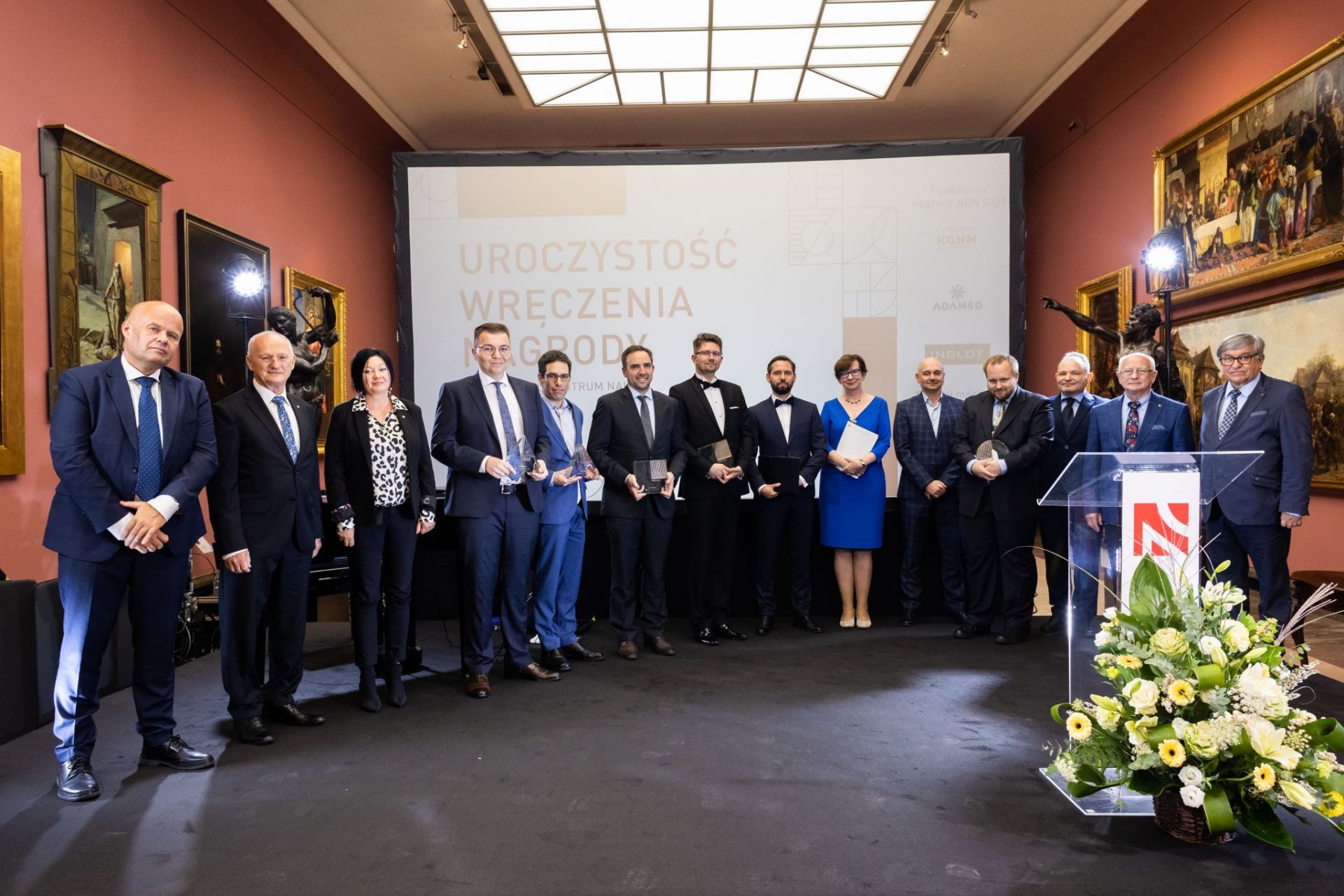 The NCN Award ceremony, photo by Michał Łepecki
The NCN Award ceremony, photo by Michał Łepecki
We presented the NCN Award, which is granted in three categories to young researchers working at Polish research centers. Dr Paweł L. Polkowski from the University of Warsaw won in the field of art, humanities, and social sciences. The award for life sciences went to dr hab. Sebastian Glatt from the Jagiellonian University, and prof. Jonatan Gutman from the Institute of Mathematics, PAS, was triumphed in the field of physical sciences and engineering. The ceremony was held on 6 October at the Gallery of 19th-century Polish Art in the Sukiennice. Statuettes and diplomas were also belatedly presented to 2020 winners: professor Jakub Growiec, professor Wojciech Fendler, and dr hab. Michał Tomza.
We started a series of lectures entitled “Science in the Center”, organized in tandem with the Copernicus Center for Interdisciplinary Research at the Jagiellonian University. Each of the 6 winners of the NCN Award for 2020 and 2021 delivered a talk to tell us more about their research. All talks are available on the YouTube channel of the Copernicus Center.
We published a set of instructions to further elucidate “NCN’s open access policy”, a document published back in 2020. For years, together with other European agencies that form Science Europe, we have worked to ensure open access to all the data and publications obtained through publicly funded research so that they are available for use, free-of-charge, by scientists, entrepreneurs, and the general public.
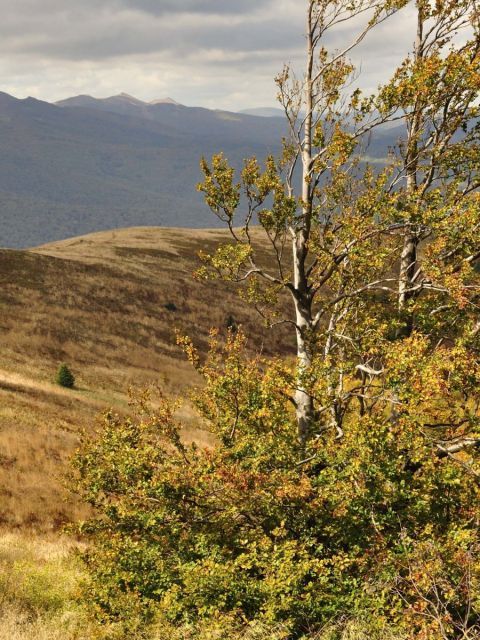 Photo by: Julia i Stanisław Pagacz
Photo by: Julia i Stanisław Pagacz
NOVEMBER
We announced the results of SHENG 2, a call for Polish-Chinese proposals. Grants were awarded to 18 research projects. The call was open to projects in life sciences, as well as selected disciplines of physical sciences, engineering, and social sciences. The total budget awarded to the Polish part of the research amounted to nearly PLN 28 million.
We also announced ranking lists for OPUS and PRELUDIUM. This was a record round in which nearly 900 grants with a total budget of PLN 636 million were handed out. Thanks to their funding, winners will be able to study, e.g. professional and social activity among women or take a closer look at the roots of our civilization.
”Science” reported on the research project carried out by dr hab. Michał Bogdziewicz from the Adam Mickiewicz University in the framework of SONATA 15. The scientist investigates the spectacular mast seeding years of various trees, the way they communicate with one another, and what this means for the climate. Detailed information on the project entitled “The role of resource dynamics in the reproduction of masting plants” is also available on our website in polish language.
DECEMBER
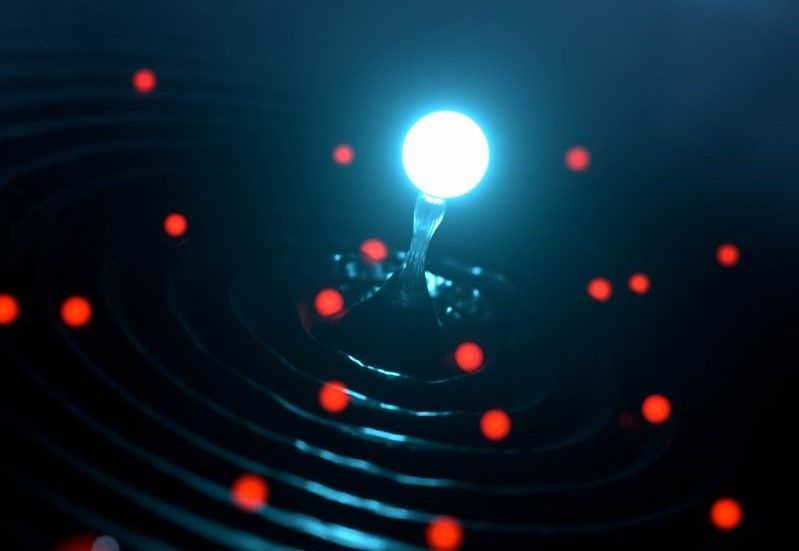 Author: Ella Marushchenko
Author: Ella Marushchenko
Scientists from the Faculty of Physics of the University of Warsaw, headed by dr hab. Michał Tomza, and an experimental group run by prof. Tobias Schaetz at the University of Freiburg, were the first to observe Feshbach resonances between a single ion and ultracold atoms. An article outlining their study was published by “Nature”, and the discovery also made it to the cover of the magazine.
Four Polish teams triumphed in a program launched by BiodivERsA and Water JPI. The BiodivRestore call: Conservation and restoration of degraded ecosystems and their biodiversity, including a focus on aquatic systems awarded more than EUR 21.4 million in funding to 22 projects.
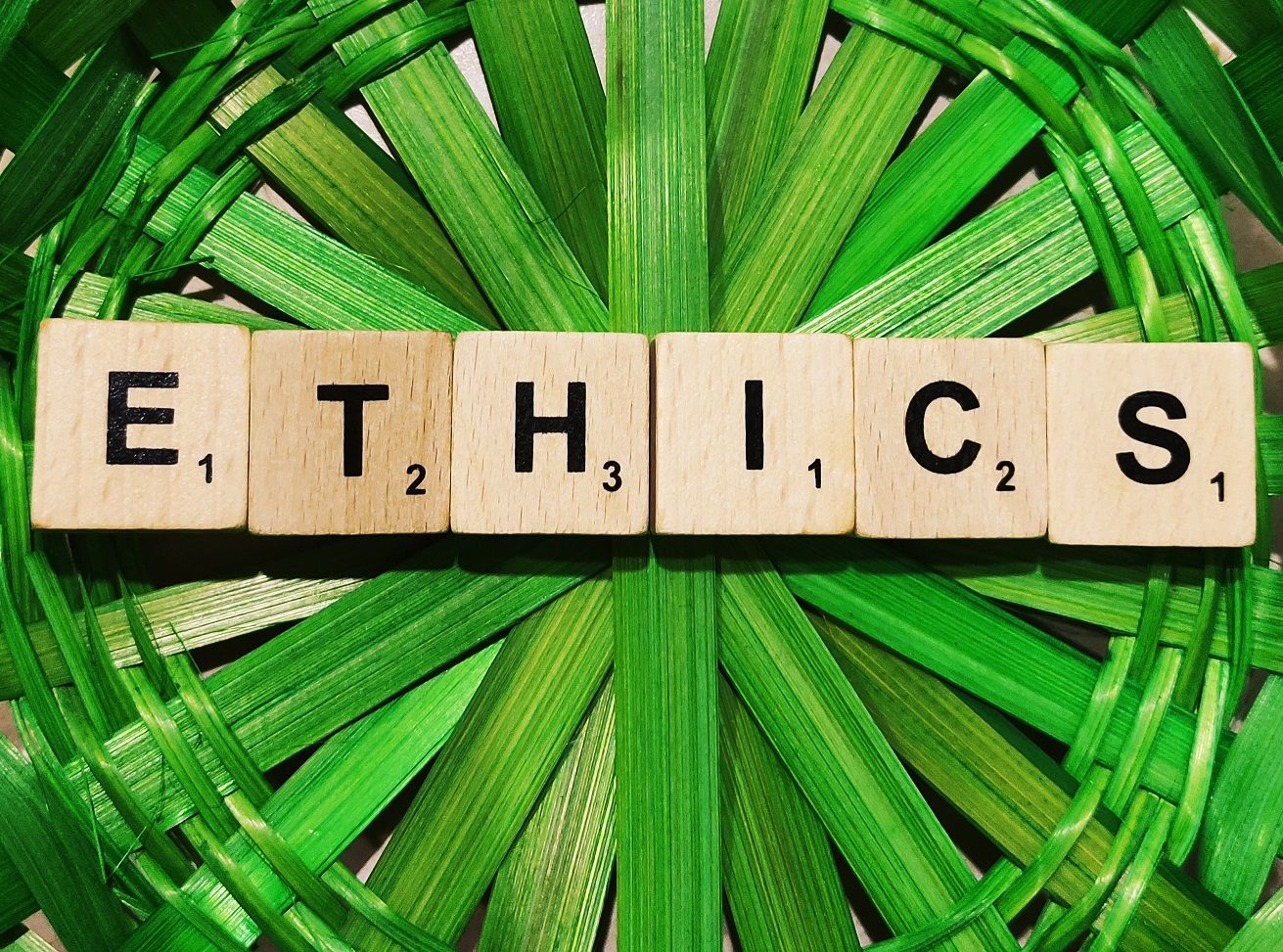 The National Science Centre has adopted global code developed by an EU initiative to prevent the export of unethical research practices to low- and middle-income countries. From now on, researchers applying for NCN funding will have to apply the Global Code of Conduct to their projects.
The National Science Centre has adopted global code developed by an EU initiative to prevent the export of unethical research practices to low- and middle-income countries. From now on, researchers applying for NCN funding will have to apply the Global Code of Conduct to their projects.

